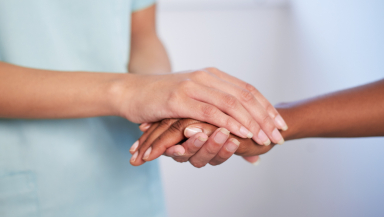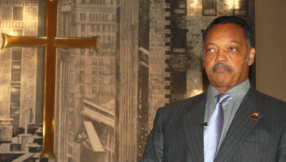
Over 100 “women of faith” have put their names to an open letter warning that the proposed legalisation of assisted suicide poses a real threat to victims of domestic violence, who could find themselves coerced or pressured into ending their lives.
Among the signatories to the letter are the Bishop of London, Dame Sarah Mullally, and representatives of other faiths.
They state that while they all have different views on the principle of assisted suicide, they are united in the belief that the proposed legislation “has insufficient safeguards to protect some of the most marginalised in society”.
The letter states that the new law could be used by domestic abusers to coerce vulnerable women into committing state-assisted suicide.
As evidence, the women cited a recent report which suggested that, even without the legislation, more domestic abuse victims commit suicide than are killed by their abusers.
The letter also joins with other critics of Kim Leadbeater's bill in stating their concern that a High Court judge is no longer required to give approval for a person to end their life.
At second reading of the proposed bill in November many MPs who were concerned about the lack of safeguards were reassured by the need for High Court approval and voted in favour of the law. This requirement was later watered down to a panel of experts, causing many MPs who had previously supported the law to have fresh concerns.
Other criticisms towards the bill include a lack of protections for those with learning disabilities and anorexia.
The open letter concluded, “If assisted dying is seen as a response to alleviate suffering, without addressing the underlying structural issues that make life difficult and safeguard against harm, it could put undue pressure on vulnerable women to choose death over inadequate care.
“This is no way to legislate, especially not on matters of life and death. We have serious concerns about the bill and its lack of safeguards. The bill has too much potential to hurt vulnerable people and so we are uniting as women from across faith traditions to speak up for vulnerable women, including victims of violence against women and girls, and disabled women, and raise our concerns publicly.”













